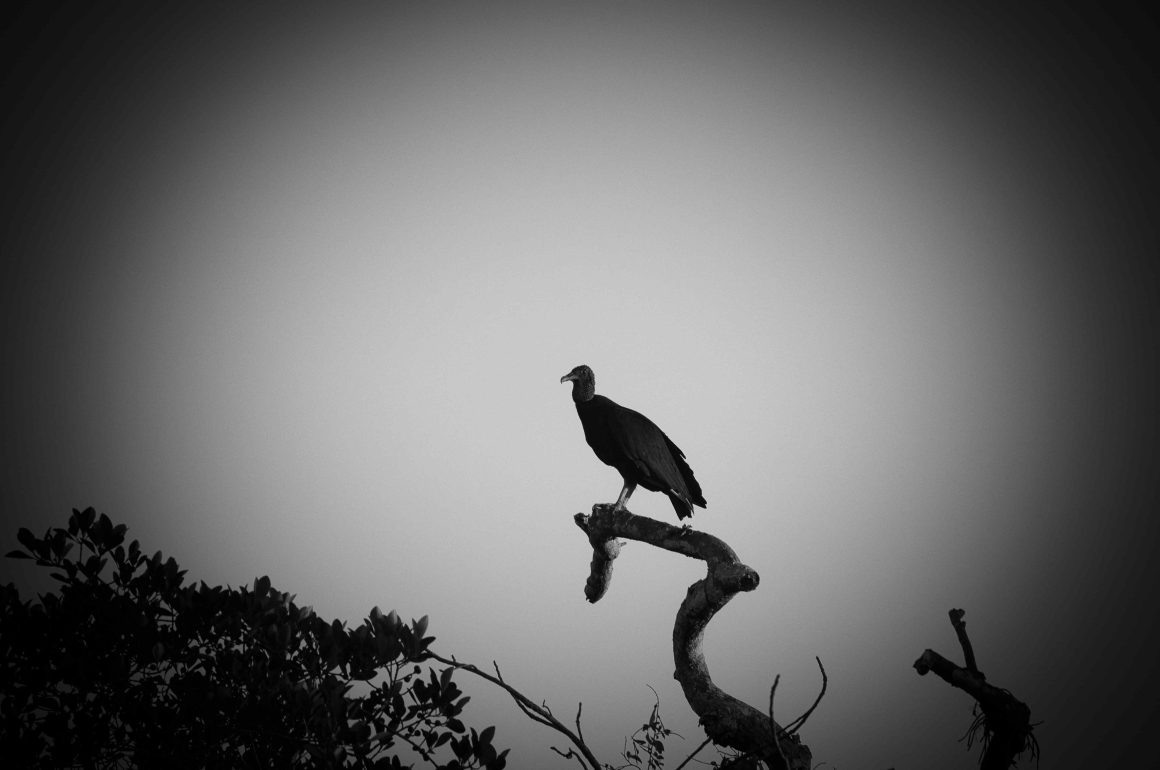
My childhood home in Trinidad, sits in a tranquil rural area on the very edge of the boundary limits of the Borough. As a child, the lush landscapes were simply part of the background, with Black Vultures occasionally spotted gliding in the distance. I barely gave these birds a second thought, their presence lost among the everyday wonders of growing up.
As an adult, when I first set out on my birdwatching journey a few short years ago, the Black Vulture was not exactly at the top of my list, or anywhere on it for that matter. In fact, its reputation as a scavenger and its somewhat grim appearance had not inspired much or any affection in me, members of my family cringed when they saw them, even the family dogs would bark at the Black Vultures.
My perspective however, shifted dramatically after a series of encounters that revealed the surprising charm and grace of this often-overlooked and unliked bird.
A few Black Vultures made their home in a cluster of trees not far from our property, turning our usually quiet surroundings into a daily living theater of aerial performances.
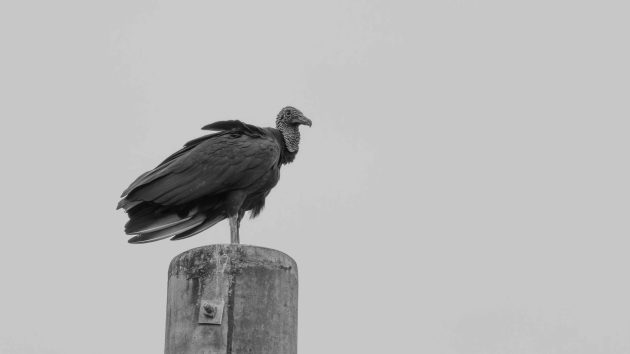
During the day they would fly off and do whatever Black Vultures do, but would return every so often during the day as if taking breaks from their daily activities. During this “break time” they would put on their aerial performance.
They would glide around at low-altitudes in formation with such precision that their movements seem almost choreographed. Their flights, characterized by sharp turns and sweeping arcs, revealing a level of skill and grace that is truly captivating.
As someone with many hours of training in maneuvering small airplanes in varying stages of steep turns while climbing and descending, lazy eights etc., I could appreciate the art that unfolded before me, the skills and the precision, something I could only dream of attaining.
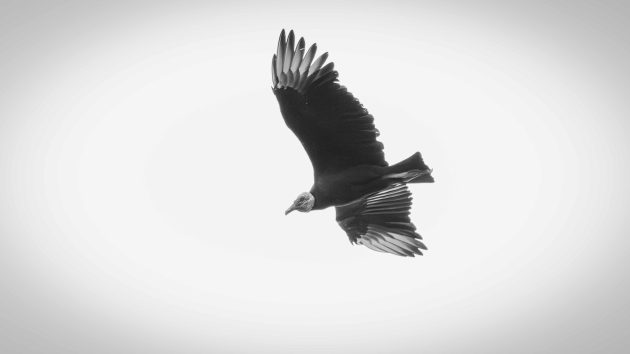
As I observed the Black Vultures, I found myself wondering whether these spectacular displays are simply playful antics or if they serve a more functional purpose. Could these aerial maneuvers be part of their training, honing their abilities for hunting or navigating through diverse environments or are they just youngsters having fun?
With their seamless transitions and precise control it was clear that their flights are far from random. Jealousy filled my heart, I must admit.
I began to appreciate the Black Vultures after seeing their displays and in fact I now find them interesting and well worth observing, I now tend to seek them out whenever I travel to a new location for birdwatching. Their presence in the sky, their playful nature, social behaviour all married to their vital ecological role contribute immensely to their unique charm.
As far as the Black Vultures are concerned, I have gone from ignorance to awe.






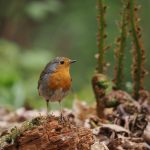
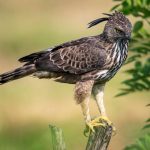
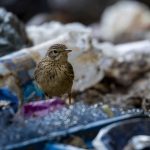
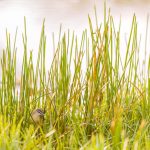
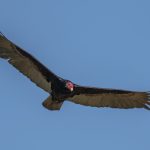


Lovely post